Traducción de Juan Carlos Villavicencio
Si debo morir, debes vivir para contar mi historia
REFAAT ALAREER
Cuando mataron a Refaat, no fueron novedad alguna
las filas de cuerpos envueltos en mortajas blancas,
sorprendentemente libres de polvo o sangre, atados
en ambos extremos en prolijos bultos, a veces también
al medio, para que la sábana no resbalara, al ser llevadas amablemente por
las calles camino a las fosas comunes, a esos pozos excavados
en cualquier terreno al que se pueda llegar sin que los francotiradores
uno a uno mataran a los vivos, el blanco inmaculado
de telas enrolladas contradecía el olor a carnicería
impregnado en cada grieta, miasma de muerte colgando
como un manto ceniciento en el cielo, obstruyendo los pulmones
de aquellos
que todavía intentan respirar. Un presentador de noticias dijo, los niños
están destinados a jugar en la tierra, que en Gaza es su mortaja.
Incluso eso nos supera a muchos. Un habitante de Gaza escribió, si muero,
por favor asegúrense de que los cuerpos de mis hijos estén cubiertos—
que expuestos a los perros salvajes, al implacable cielo
que aúlla. Perdido bajo los escombros, a Refaat se le niega
el entierro de un poeta, y sólo le dejan polvo de piedra y cemento
para su mortaja. Pero las palabras que sobreviven a su muerte
envuelven su espíritu vivo en una gasa de luz.
«Hay una Palestina que habita dentro de todos nosotros»,
escribió. Toma sus palabras, inscríbelas en un volantín,
de un blanco brillante, para que vuele alto sobre este mundo horrible,
para que su muerte sea un cuento que traiga esperanza,
para que él viva, para que nosotros vivamos, para que Gaza
se convierta en un lugar no de mortajas sino de libertad,
de volantines ondeando bajo el sol, iluminados por el resplandor
de la vida.
Shroud of Light
If I must die, you must live to tell my story—Refaat Alareer // By the time they killed Refaat, there was nothing new / about the rows of bodies rolled up in stark white shrouds, / surprisingly unbesmirched by dust or blood, tied // at both ends in neat bundles, sometimes in the middle / too, so the sheet wouldn’t slip, carried gently through / streets on the way to mass graves, those pits dug // in whatever ground could be reached without the living / being picked off by snipers, the unstained white / of winding cloths belying the odor of carnage // permeating every crevice, miasma of death hanging / like an ashen pall in the sky, clogging the lungs of those / who still try to breathe. A newscaster said, children // are meant to play in the dirt, but in Gaza it’s their shroud. / Even that is beyond many. One Gazan wrote, if I die, / please make sure my children’s bodies are covered— // not left open to wild dogs, the relentless, howling / sky. Lost beneath rubble, Refaat is denied / a poet’s burial, left only stone dust and concrete // for his shroud. But the words that survive his death / wrap his living spirit in a gauze of light. / “There’s a Palestine that dwells inside all of us,” // he wrote. Take his words, inscribe them on a kite, / brilliant white, to fly high over the terrible world, / so that his death is a tale that brings hope, // so that he lives, so that we live, so that Gaza / becomes a place not of shrouds but of freedom, / kites rippling in sunshine, lit by the blaze of life.

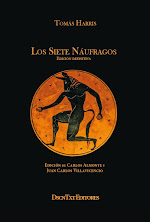
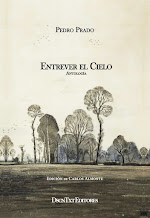



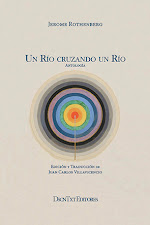


































































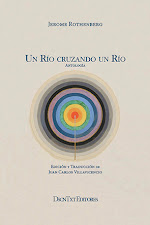




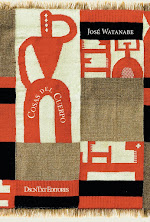




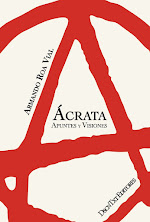



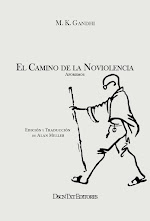
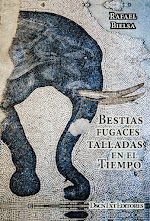








No hay comentarios.:
Publicar un comentario